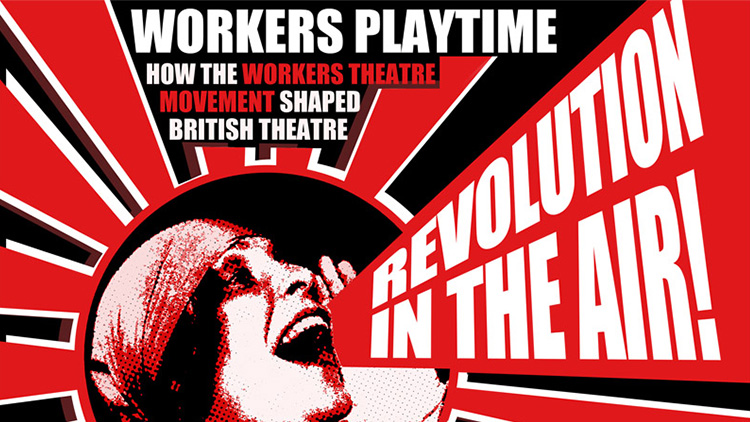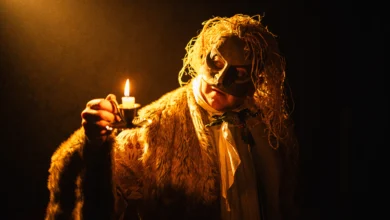
Review: Valley Community Theatre’s Workers Playtime At The Hope Street Theatre
Agitprop Returns to the People’s Stage at Hope Street Theatre.
Socialist theatre isn’t some dusty artefact locked away in a museum archive — it’s a vital, breathing part of Britain’s working-class heritage. Born of struggle, fired by solidarity, and carried by conviction, this form of theatre blazed onto the scene in the early 20th century with real purpose. Between the 1920s and the 1950s, the stage became a battleground. It wasn’t about velvet curtains and posh intervals; it was about change — raw, radical, and unapologetically political.
Back then, performances didn’t live in the West End — they thrived in union halls, community centres, factory floors. They tackled poverty, unemployment, inequality. They weren’t just stories — they were calls to arms. Agitprop theatre — short for “agitation propaganda” — put real lives centre stage, with songs, speeches, and scripts that broke the fourth wall and the silence around social injustice.
Groups like the Workers’ Theatre Movement channelled the anger and hope of a generation. Their work had weight. The Plot depicted miners on strike, Love on the Dole exposed the human toll of the Great Depression in Salford. These plays didn’t ask for quiet contemplation. They asked for your voice.
Fast forward to 2025, and on Sunday 8 June, the final performance of Workers’ Playtime by Valley Community Theatre brought that spirit roaring back to life at the Hope Street Theatre. It wasn’t a nostalgia trip — it was a reminder that the struggle continues, and so does the theatre that tells its story.
Split into two parts, the evening opened with Unity, written by Tom McLennan and inspired by the historical Red Players — a real-life agitprop troupe. This was a play within a play, nodding to Noises Off, but with sharper teeth. As we watched actors in rehearsal, the production explored the creative process while digging deep into the personal and political tensions of the era. Day Sheehan’s direction was tight and assured, using lighting deftly to spotlight inner turmoil and unspoken fears. The cast delivered every line with clarity and conviction — a welcome change from the often- muddied waters of touring fringe. Unity was thoughtful, layered, and quietly urgent — a reminder that history doesn’t repeat, but it often rhymes.
The second half shifted gears into a collection of short plays inspired by the Living Newspaper tradition — theatre as journalism, theatre with a deadline. These pieces were timely, pointed, and packed with intent.
Oglet Shore was a standout — a lyrical meditation on the threats facing local wildlife, especially its bird populations. Built around the poetry of local writer Greg Quiery (who also guided scene transitions with a light, skilful touch), it offered something more reflective yet no less political.
Ivory Towers brought the laughs, skewering the absurdities of private education and asking — with wit and bite — who really benefits. That sharp humour continued with Scouse Man, penned by Tim Hemming’s and played with a deadpan presence by Andy Edwards. This everyman hero brought Red and Blue together, offered common-sense financial advice, and harboured an unlikely obsession with Coleen Rooney. It was funny, yes — but there was wisdom in the wit.
The evening entertained, educated, and agitated — just as it should. It reminded us that the struggles of the 1930s aren’t confined to sepia-toned history books. Inequality, exploitation, the fight for dignity — it’s all still here. The clock strikes midnight on a new day, but the same old challenges remain. And that’s why this kind of grassroots theatre matters.
The Living Newspaper format keeps us alert. It tells the truth with passion and playfulness. It reconnects us with a rich radical tradition — and it plants seeds for the future. Valley Community Theatre have picked up the torch and held it high.
Solidarity to all involved. Bravo Comrades!







